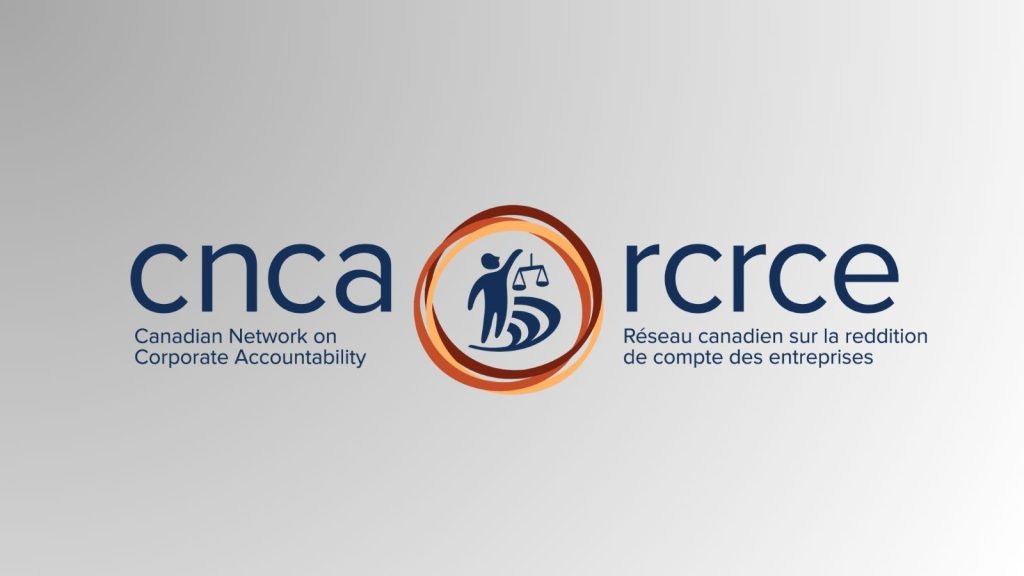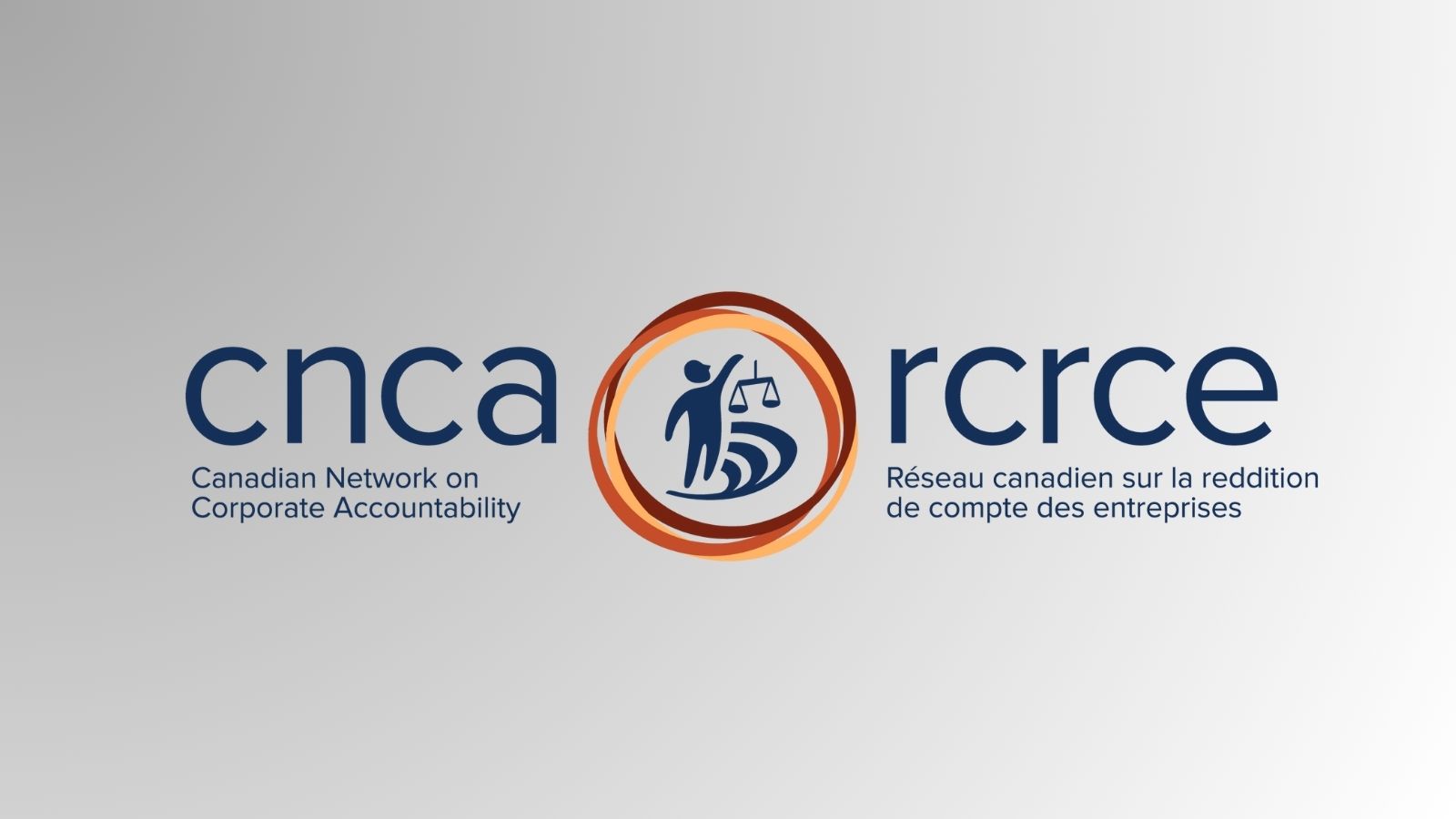This Q&A is the first in a series produced in response to misleading assertions made by industry representatives questioning the constitutionality of providing the Canadian Ombudsperson for Responsible Enterprise with full investigatory powers under the Inquiries Act.
Download the full PDF here.
===
Excerpt from the full document:
Background
The Canadian Ombudsperson for Responsible Enterprise (CORE) requires robust investigative powers to fulfill his/her mandate. Appointing the CORE as a Commissioner under the Inquiries Act would give the Ombudsperson many of the tools she/he needs to investigate allegations of harm, and to reach a wellfounded conclusion.
This Q&A provides some background on the relationship between the Charter of Rights and Freedoms and the proposed CORE powers under the Inquiries Act. It provides an overview of the operation of the Charter in respect of government actions and laws; and discusses the current state of the law on Commissioner powers and the Charter. [1]
The bottom line? The jurisprudence of the Supreme Court of Canada makes clear that the government has wide leeway in designing the office of the CORE to comply with the Charter.
There are many other offices and commissions that have the powers we expect will be provided to the CORE. As outlined below, when faced with Charter challenges to Commissioner powers, or their use in investigations, the courts have upheld these powers in a variety of settings. Thus, the courts have already used the Charter to scrutinize the powers of Commissioners, and found that there is nothing inherent in these powers that gives rise to problems under the Charter.
The Charter has very limited application to the powers of Commissioners under the Inquiries Act. It is available to protect against evidence gathered through compelled testimony being used against a witness in future proceedings. These protections can be bolstered through language in the OIC clarifying that evidence obtained through Ombudsperson investigations cannot be used in other proceedings.
[1] For an examination of constitutional questions relating to federal / provincial division of power issues in this context, please see the November 9, 2017 memo OIC under the Inquiries Act, attached.
…
Download the full PDF here.
===
Note: This post was originally published as “The Canadian Ombudsperson for Responsible Enterprise, the Charter and the Inquiries Act” on 31 October 2019. The title of the full document, as prepared by The Law Offices of Erin Simpson on 31 October 2019, is “The Canadian Ombudsperson for Responsible Enterprise, the Canadian Charter of Rights and Freedoms, and the Powers of Commissioners under the Inquiries Act”.





